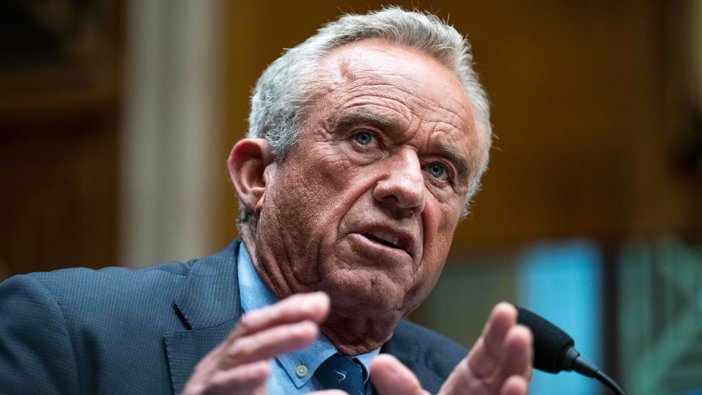
HHS Ends Routine COVID Shots for Children, Pregnant Women
HHS under RFK Jr. plans to end CDC’s routine COVID vaccine recommendation for kids and pregnant women, per WSJ report.
Federal Policy Shift on COVID Vaccine Recommendations
The Trump administration is preparing to withdraw longstanding federal guidance recommending COVID-19 vaccinations for children and pregnant women, according to a report published Thursday by the Wall Street Journal. The decision would reverse a policy adopted early in the pandemic and represents a significant shift in national public health strategy.
Under the leadership of Health and Human Services (HHS) Secretary Robert F. Kennedy Jr., the department is expected to remove or revise Centers for Disease Control and Prevention (CDC) guidance that currently urges everyone aged 6 months and older to receive a COVID vaccine. It remains unclear whether the recommendation will be eliminated entirely or if promotion will simply be scaled back for certain demographics.
The CDC’s existing recommendation has been in place since 2021, but adherence has waned. As of April, data from the agency shows only 13% of children and 14% of pregnant women had received the latest COVID booster.
If finalized, the change would mark a break from the universal vaccination model adopted during the height of the pandemic and could undercut the legacy of Operation Warp Speed, the Trump administration's high-profile effort to rapidly distribute vaccines.
FDA Signals Stricter Vaccine Oversight
Concurrently, the Food and Drug Administration, under Commissioner Dr. Marty Makary, is moving toward a more rigorous vaccine approval process. Speaking Thursday at a conference of food and drug lawyers, Makary emphasized the importance of targeted vaccination efforts.
“We want to see vaccines that are available for high-risk individuals, and at the same time, we want some good science. We want some good clinical data,” Makary stated.
RFK Jr., a longtime critic of mRNA vaccine technology and broad vaccine mandates, has advocated for scaling back federal involvement in mass immunization campaigns. In his new role as HHS Secretary, Kennedy now has the authority to direct CDC recommendations and public health communications.
Supporters of the shift argue that it brings federal guidance more in line with emerging science and public sentiment. Critics, however, warn that the policy change could lower vaccine uptake among vulnerable groups and leave immunocompromised populations more at risk.
The pending move also raises questions about future insurance coverage for COVID vaccinations. If vaccines are no longer recommended as routine preventive care, they may fall outside the scope of fully covered benefits under many insurance plans.
For now, CDC guidance remains unchanged, but sources familiar with the administration’s discussions say the revised policy could be announced within days.






